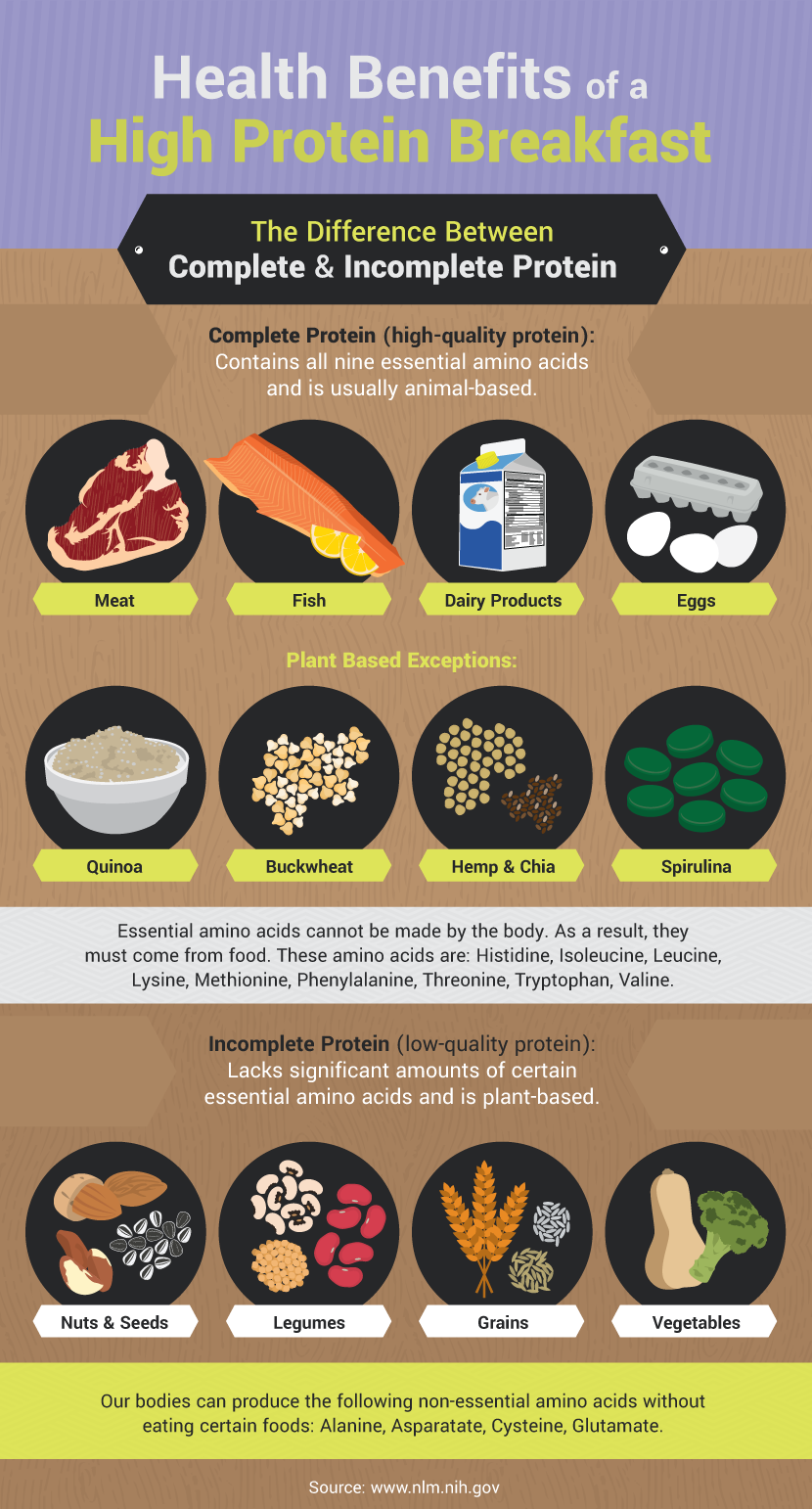
There are three major types of cardiovascular disease prevention: primary, secondary, and primordial. Each one is made up of the same elements but has different effects and starting points. Preventive measures will be most effective if patients are aware of their risk factors and can create a customized plan. The goal of prevention is to lower your cardiovascular risk and live a healthy and long life. For tips on how you can prevent heart disease, read on. This article discusses the treatment options and different types of heart disease.
First, keep your heart healthy. A heart-friendly diet is one that is high in fiber, low in salt, and rich in vitamins and minerals. Next, eliminate all processed foods such as white bread and snack products. These foods are not good for your heart, unless they have high fiber content. You can also avoid processed snacks and fast food. Finally, avoid reaching for the salt shaker. Too much sodium in the body is a risk factor for cardiovascular diseases.

Exercise is an important part of a healthy lifestyle. Experts recommend 150 mins of moderate exercise per semaine - approximately 20 minutes per days - along with a variety of low-calorie food options. In addition, a regular exercise routine can help lower blood pressure and prevent heart disease. Mindfulness and managing stress can help to prevent heart disease. It's easy to make lifestyle changes and it's not hard!
A healthy diet can lower your risk of heart diseases and decrease the severity of your heart attack. A diet high on fruits and vegetables will reduce your chances of getting this disease. Beans and low-fat protein are excellent sources of protein that may help reduce your risk. Many fish contain omega-3 fatty acids which may reduce your chances of developing heart disease. You can incorporate these strategies into your daily life, if time allows.
Smoking is a leading risk factor for heart disease. To reduce your risk of developing coronary heart disease, quit smoking. You should stop smoking. You are better for your heart if you quit smoking. You can also avoid secondhand smoking to lower your risk of developing heart disease. Stop smoking if possible. This will reduce your chance of developing heart disease.

Prevention of heart disease is something that should be done throughout your life. While the disease can be hard to spot, it can lead to heart failure and other serious side effects. It is crucial to take steps to lower the risk of developing heart disease. Healthy habits can help reduce the chance of getting the disease. You'll live a long, healthy life. The healthier you are, the more you do.
FAQ
How many times a week should I exercise?
It all depends on how much time and what kind of exercise you like. The general rule of thumb is to exercise aerobically 3 - 5 days per week. It is important not to overdo it. You will get the maximum benefits from your workouts if you do not exercise consistently.
Which exercises are most effective for me?
It really depends on what kind of fitness goals you have. Some people focus on endurance activities like running, cycling, and swimming. Some people enjoy lifting weights and using resistance bands. There are so many different types of exercise programs available today. Select the one that best suits your needs.
What is the best exercise for men over 40 years old?
The best exercise for older men is one that gives them more energy, and increases their stamina.
It is important to note that most people over 40 experience a loss of testosterone in their bodies, resulting in lower sex drive.
This does not mean that you should stop engaging in physical activity. Research has shown that exercise regularly can increase testosterone in men.
You can improve your sexual performance by starting an aerobics program.
What is a good seven-day workout routine?
A seven-day exercise program should consist of three days per week of cardiovascular training (running, biking, swimming), two strength exercises (using free weights, weight machines), and one flexibility/core workout (yoga, Pilates). It's essential to do each activity at least once a week. Each session should not last more than 45 minutes.
Cardiovascular Exercises: Swimming, Cycling, Running
The goal is to get in at least 60 minutes of cardio activities per week. Try to do 75 minutes per semaine for the best results. Cardio exercise can improve blood flow and stimulate muscle development.
Strength Training
Cardio exercises target the heart, lungs and muscles. Strength training targets the muscles, tendons and bones. Strength training helps you burn calories even while resting.
Flexibility and core workouts
Core and flexibility exercises are great ways of strengthening your whole body. Both yoga and Pilates can be great choices.
How To Build Muscles Fast?
The best way to quickly build muscle is to eat healthy and exercise regularly.
When you're fresh and ready to do something, early morning is the best time for working out.
Exercises such as push-ups and bench presses are good options.
Try different weight training routines, and don't forget to drink plenty of water throughout the day.
Is there any benefit to doing yoga?
Yoga has been popular since ancient times. Celebrities, as well as everyday people who are looking to stay fit and healthy, have made yoga a hugely popular choice.
Yoga is great because it strengthens your muscles as well as stretches them. It can help you relax and calm down.
The primary difference between yoga and other forms is the focus on breathing techniques in yoga.
Different poses can be practiced to increase flexibility and balance.
How many calories should I consume daily?
The exact amount varies depending on the person. The average is 2000 - 2500 calories per day. It is important to consider your lifestyle and determine how many calories you'll need.
What is a good exercise routine?
Regular exercise is essential to staying fit. It doesn't matter what type of fitness activity you choose as long as you do it regularly. Consistency and consistency are the keys to success. For you to get results, you have to stick with it for a longer period of time.
Start by doing small amounts of daily physical activity (like walking). You can gradually increase the amount of exercise you do until you have 30 minutes each day. This could be running, biking, swimming or weight training.
It's important that you get your exercise done every day. If you have a reason to miss a session, don't skim it.
If you exercise outside, ensure that you wear appropriate clothing and footwear. It is important to take into account the weather conditions, and how they may affect your ability to exercise safely.
When exercising, ensure you drink lots of water. Drinking alcohol at this time can lead to dehydration. Avoid caffeinated drinks, such as coffee, tea and cola. They can give you energy, but will also dehydrate.
At first, it's normal to feel tired after you finish your exercise routine. But if your workouts are continued, you will feel more energetic.
Statistics
- 10 pounds in a month is likely during a lean bulking phase, especially for beginners. (muscleandstrength.com)
- According to the American Academy of Dermatology (AAD), men over 50 are at a heightened risk of developing it. (healthline.com)
- Are You One of the 20% of Guys (mh.co.za)
- By John Thompson Take a whopping 38% off a set of PowerBlock Pros. (menshealth.com)
- The PRS enabled risk stratification for overall prostate cancer and lethal disease with a four-fold difference between men in the highest and lowest quartiles (HR, 4.32; 95% confidence interval [CI], 3.16-5.89). (pubmed.ncbi.nlm.nih.gov)
External Links
How To
How to Eat Well for Men
Choose to eat small meals instead of three large meals per day. You'll spend less time waiting for your food to be digested. Later you will be less likely to overeat.
Before bed, avoid snacking. Do not eat after midnight. You may wake up hungry and overeat next day.
Consider having a light snack one hour before bed.
Avoid "snack attacks," where you grab something to eat whenever you feel hungry. This is especially harmful if you are already overweight.
Make sure that all of your meals are balanced. Don't skip breakfast. Make sure to eat healthy lunches and dinners.
Losing weight can be achieved by cutting back on calories.
Cut out alcohol, caffeine, and nicotine. Both can impact the way your body processes nutrients.
Get enough rest. Sleep deprivation makes people crave junk food.
Exercise regularly. Regular exercise can improve your mood and boost energy levels. It also burns more calories.
Take care emotionally. Overeating and weight gain can be caused by stress.
Learn to relax. Meditation and yoga can help with anxiety and stress.
Keep track what you eat. Keep track of everything you eat.
Supplements are important! Many men don't get enough vitamins and minerals to keep them healthy.
Every day, take a multivitamin. A daily multivitamin can prevent deficiencies in certain key vitamins and minerals.
Consider taking a vitamin C supplement. It can help prevent scurvy, strengthen your immune system, and keep you healthy.
Include zinc in your diet. Impotence could be caused if you are deficient in zinc
Get water. Keep your fluid intake above 1.5 liters (about 4 cups) daily.
Reduce salt intake. Limit sodium intake.
Avoid trans fat. Trans fat has been linked to higher obesity, diabetes, and heart disease rates.
Best male enhancement pills 2018 - Best Male Enhancement Pills Review
There are many options for male enhancement. Some are effective, while others don't provide real results. This article aims to give you some information about the best male enhancement pills that actually work.